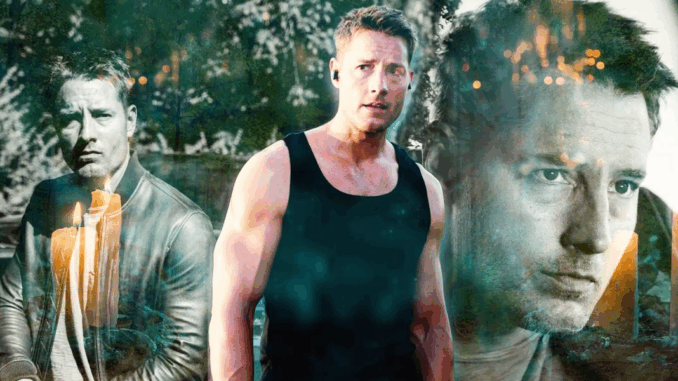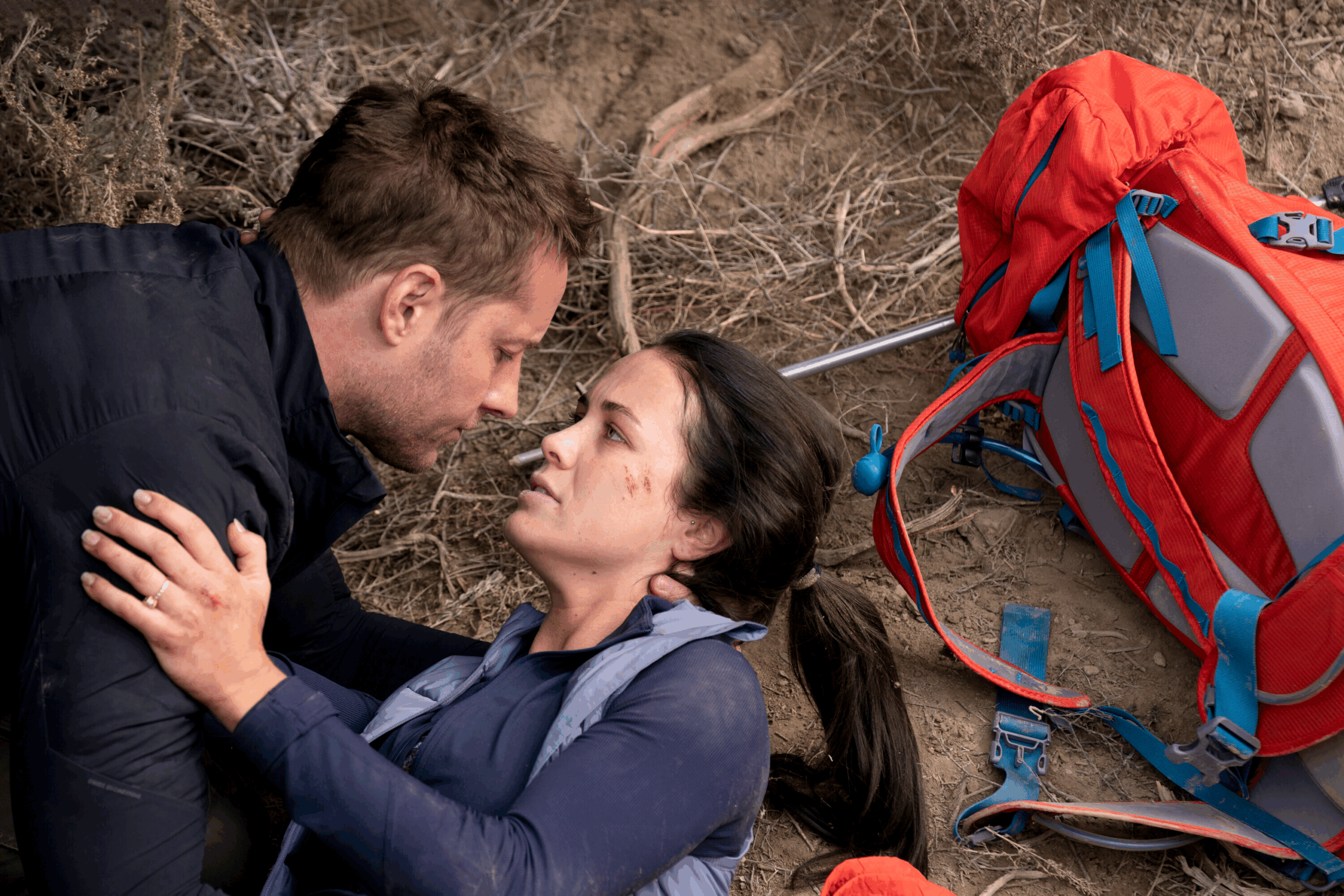
Colter Shaw isn’t your typical television sleuth. He doesn’t wear a badge, belong to a police force, or follow a detective agency’s rulebook. Instead, he operates on intuition, skill, and an intensely analytical mind that has been honed by years of survival training and personal trauma. In Tracker, CBS has given viewers a protagonist whose methods rely less on flashy tech or brute force and more on human psychology. This article explores how Colter’s deep understanding of behavior, motivation, and the human psyche drives his success—and makes him a uniquely compelling lead in today’s TV landscape.
Behavioral Profiling on the Fly
One of Colter’s most powerful tools is his ability to quickly read people. In nearly every episode of Tracker, we see him profile suspects, witnesses, and victims in real time. He picks up on body language, micro-expressions, voice inflections, and inconsistencies in stories—elements that most others overlook.
This ability isn’t magic. It’s based on behavioral science. Colter understands how stress, fear, guilt, and deception manifest physically. When someone’s story doesn’t match their tone or posture, he notices. He’s constantly testing for congruence—do the facts align with emotion? Is the person’s behavior serving their stated goals?
This mental agility allows him to shift strategies. When intimidation doesn’t work, he uses empathy. When a subject is lying, he might feed them misinformation to see how they react. His profiling isn’t cold—it’s adaptive, fluid, and remarkably human.
Learning from Trauma: A Double-Edged Sword
Colter’s childhood was shaped by his father’s paranoia, survivalist ideology, and eventual death under mysterious circumstances. That traumatic upbringing wasn’t just damaging—it was also formative. Colter learned to read danger, anticipate threats, and operate under extreme psychological pressure.
But trauma also comes with costs. Colter is hyper-vigilant, emotionally guarded, and often unwilling to let people in. His ability to profile others is matched by a tendency to avoid being vulnerable himself. He sees manipulation everywhere because he grew up in a world where manipulation was a survival tactic.
This duality—strength born from damage—makes Colter fascinating. His methods work because he knows how broken people think. He’s lived that experience. But it also means he walks a lonely road, often unable to truly trust even those who support him.
High-Stakes Decision-Making and Risk Calculation
Colter’s brain is constantly running calculations. He’s always assessing risk: What are the odds the suspect will run? Is there time to intervene before a kidnapping turns fatal? Should he call local law enforcement, or is that too risky?
What makes Tracker unique is how often it shows Colter explicitly discussing these probabilities. He doesn’t act on gut instinct alone—he assigns numerical values to possible outcomes, weighing them like a strategist. This mindset isn’t far from what real-life hostage negotiators, military operators, or search-and-rescue professionals do.
By showing Colter’s internal logic, Tracker gives viewers insight into the cognitive complexity of his job. It’s not just “find the person.” It’s “find the right approach to find the person, at the right time, with minimal damage.” It’s psychology in motion.
Building Rapport with Vulnerable Individuals

Many of Colter’s cases involve victims who are emotionally fragile—runaways, abuse survivors, grieving family members. In these situations, Colter’s greatest asset is his ability to connect.
Despite his emotional walls, Colter has an intuitive sense of how to speak to people in pain. He doesn’t judge or push too hard. He listens first, then gently leads them toward truth or safety. This kind of rapport-building is grounded in trauma-informed communication—a psychological approach that emphasizes empathy, patience, and non-threatening language.
His background may make him avoid deep relationships in his personal life, but professionally, his capacity to make others feel seen and heard is unmatched. It’s part of what makes him so good at what he does.
Trust, Authority, and Outsider Psychology
Colter operates outside official systems, and that gives him a unique psychological edge. People are more likely to talk to him because he’s not “the law.” They see him as neutral, or at least as someone without bureaucratic ties.
This outsider status lets him bypass the mistrust that often surrounds law enforcement. Psychologically, people are more willing to confide in someone who doesn’t represent the system that failed them. Colter knows this, and he uses it. He doesn’t flaunt power—he shares control. He offers choice, autonomy, and respect.
In a world where many communities feel overlooked or misjudged, Colter’s presence can be disarming. His methods remind us that sometimes, the best way to get the truth is to show humility and listen without judgment.
The Psychology of Pursuit
Finally, Tracker explores the psychology of pursuit itself—not just Colter’s pursuit of missing people, but his own pursuit of truth, justice, and maybe even peace. What drives someone to keep searching, long after everyone else has given up?
Colter isn’t just chasing cases; he’s chasing resolution—for himself and for others. He needs to make things right because something in his past went terribly wrong. That hunger for resolution is a powerful psychological force. It fuels many detectives, but in Colter’s case, it also isolates him.
He’s not driven by duty, nor by vengeance. He’s driven by something more primal: the belief that people deserve to be found.
Conclusion
Colter Shaw is more than a tracker—he’s a walking study in human behavior. Tracker succeeds because it doesn’t just show what Colter does, but how and why he does it. His methods are rooted in observation, empathy, trauma, and logic. He embodies the idea that solving mysteries isn’t just about clues—it’s about people.
In revealing the psychology behind Colter’s actions, Tracker elevates itself from procedural drama to character-driven exploration. And in a television landscape full of easy answers, Colter Shaw reminds us that understanding the human mind is the greatest tracking skill of all.
